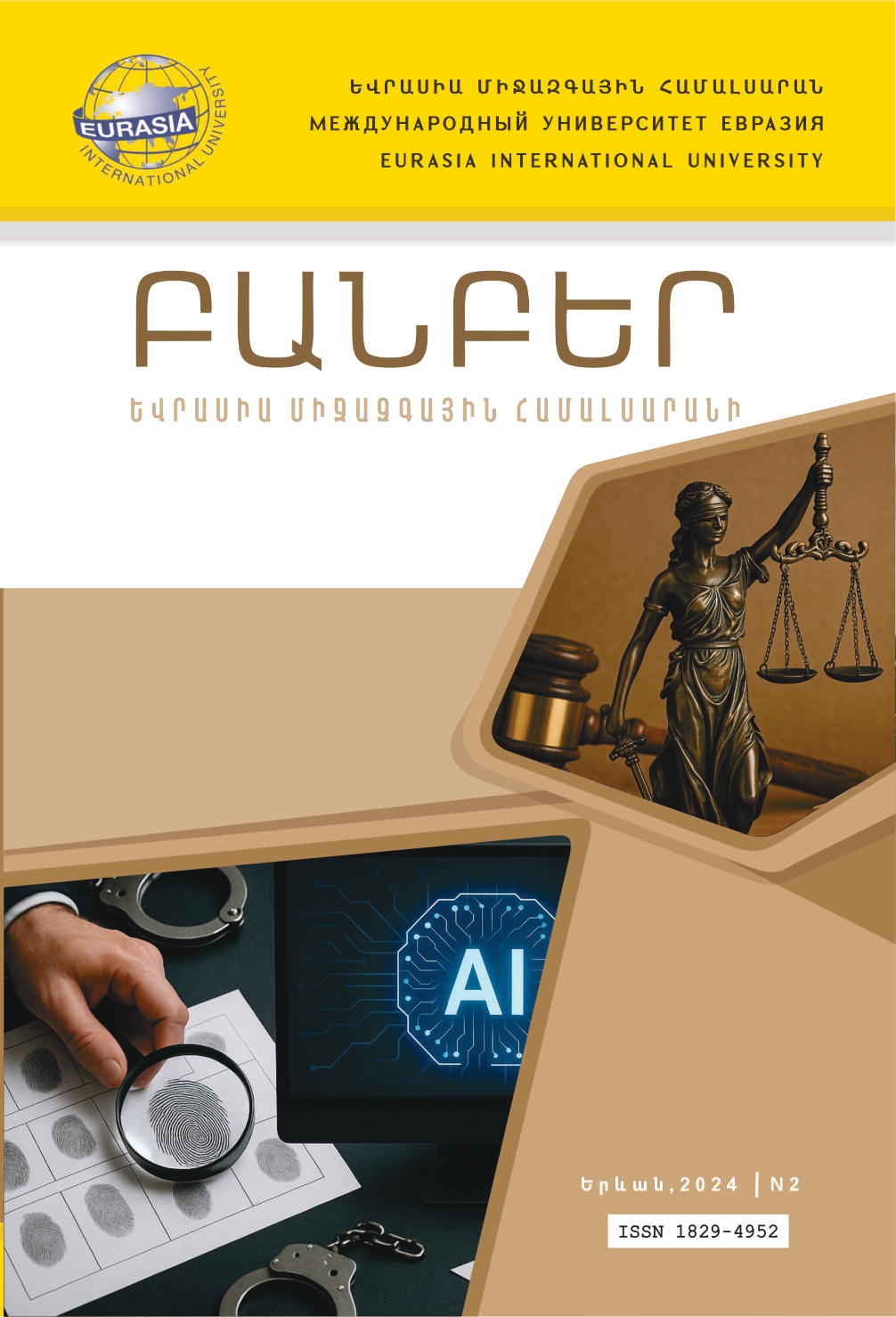THE IDEOLOGICAL FOUNDATIONS OF THE TALIBAN: A NEW MODEL OF ISLAMIC RADICALISM
DOI:
https://doi.org/10.53614/18294952-2024.2-89Keywords:
Taliban, Islam, Afghanistan, religious-political group, Sunni, Deobandism.Abstract
The main purpose of the article is to present the political, religious, and ideological foundations of the formation of the Taliban. By addressing the events taking place in Afghanistan at the time and the main religio-political trends, we aim to provide a comprehensive overview of the religio-political situation in the region. The article focuses on one of the Taliban’s ideological foundations: the radical interpretation of Deobandism. The key features of Sunni religious movements are examined in depth, along with how they contributed to the formation of the Taliban’s main ideological principles. The primary goal of this study is to
reveal the conceptual foundations of the Taliban as a religio-political group, highlighting its main religious orientation and the impact of that orientation as the Taliban later emerged as the ruling force in Afghanistan. The relevance of the topic remains due to the continued instability in the region maintained by the Taliban, as well as the new reality created by the withdrawal of American and coalition forces in 2021, which led to the Taliban taking power in Afghanistan. This development has posed new challenges not only for neighboring countries but also for the entire region.
Downloads
Published
How to Cite
Issue
Section
License
Copyright (c) 2024 Banber Eurasia International University

This work is licensed under a Creative Commons Attribution-NonCommercial-NoDerivatives 4.0 International License.




